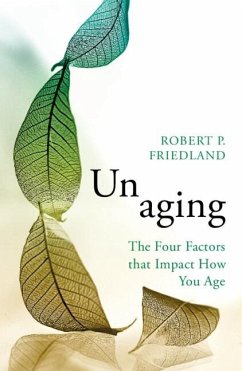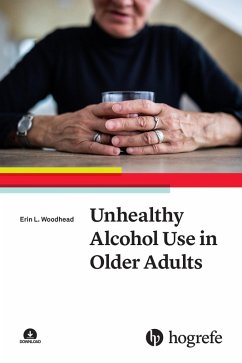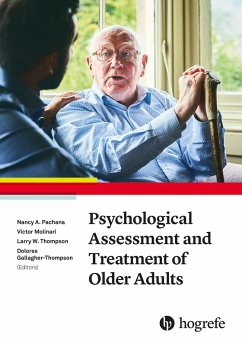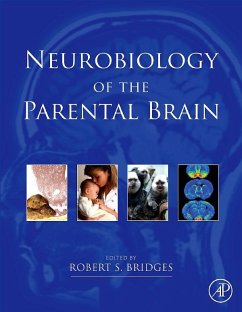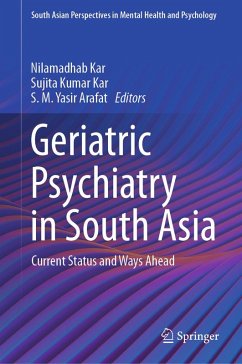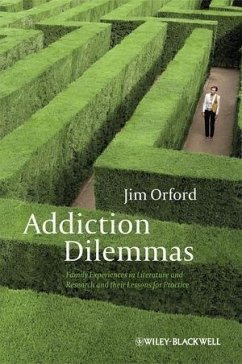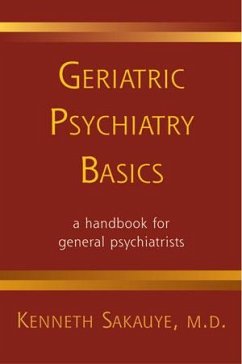
Unaging (eBook, PDF)
The Four Factors that Impact How You Age
Versandkostenfrei!
Sofort per Download lieferbar
14,95 €
inkl. MwSt.
Weitere Ausgaben:

PAYBACK Punkte
7 °P sammeln!
Aging is a subject of concern to everyone, but is widely misunderstood. If we view it as inevitable, we miss the fact that not everyone is able to grow to an old age. Realization of this reality helps us to understand that aging presents a wonderful opportunity - an opportunity to make choices about how we live which can enhance the aging process and offer a chance to live to our potential. This book clearly presents the four, multiple reserve, factors (cognitive, physical, psychological and social) which impact our ability to have healthy responses to the stresses of aging. By giving the biol...
Aging is a subject of concern to everyone, but is widely misunderstood. If we view it as inevitable, we miss the fact that not everyone is able to grow to an old age. Realization of this reality helps us to understand that aging presents a wonderful opportunity - an opportunity to make choices about how we live which can enhance the aging process and offer a chance to live to our potential. This book clearly presents the four, multiple reserve, factors (cognitive, physical, psychological and social) which impact our ability to have healthy responses to the stresses of aging. By giving the biological basis for the advice given, you will learn the steps to take in your activities, diet and mental outlook to grasp the opportunity that aging offers. Everyone must know that what we do makes a difference.
Dieser Download kann aus rechtlichen Gründen nur mit Rechnungsadresse in A, B, BG, CY, CZ, D, DK, EW, E, FIN, F, GR, HR, H, IRL, I, LT, L, LR, M, NL, PL, P, R, S, SLO, SK ausgeliefert werden.




